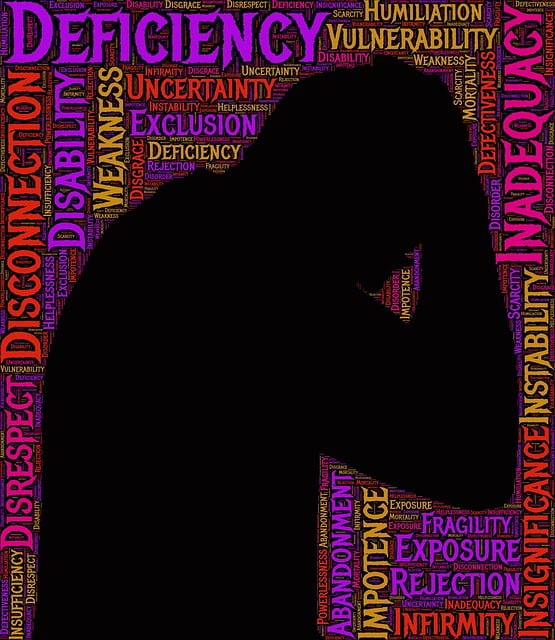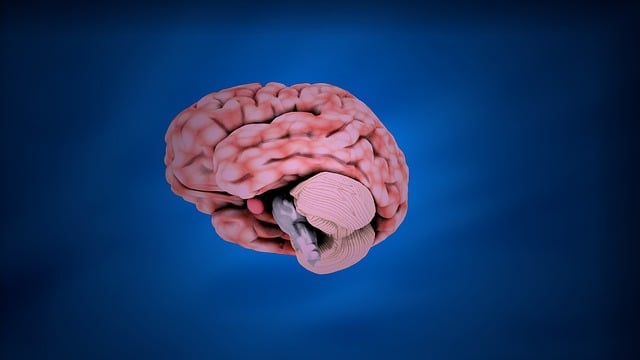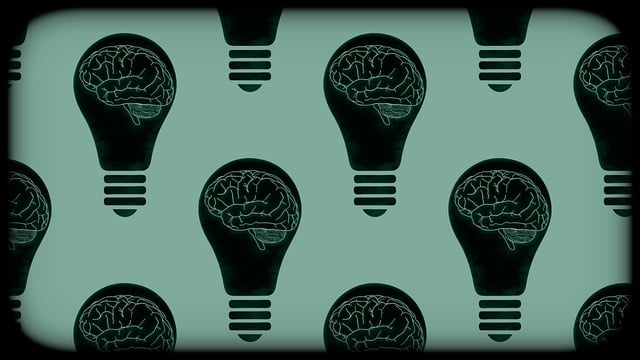Arvada Men's Issues Therapy (AMIT) offers Crisis Intervention Team (CIT) training, a vital safety net for mental health crises among men. These multidisciplinary teams combine diverse professionals to de-escalate high-risk scenarios and improve care outcomes through better understanding and communication. AMIT programs blend theoretical knowledge with practical skills, including active listening, de-escalation, conflict resolution, and cultural sensitivity, empowering therapists to provide tailored, compassionate care. Regular simulations, feedback, and burnout prevention strategies ensure CIT teams maintain resilience, ultimately enhancing client outcomes during crisis situations.
In today’s complex social landscape, effective crisis intervention is more critical than ever. This article explores the vital role of Crisis Intervention Teams (CITS) in providing mental health support, focusing on the specific context of Arvada Men’s Issues Therapy training programs. We delve into the key components of successful training, essential skills for professionals responding to crises, and best practices for implementation and evaluation in real-world settings. Understanding these elements is crucial for enhancing mental health services.
- Understanding Crisis Intervention Teams: Their Role and Importance in Mental Health Support
- Components of Effective Arvada Men's Issues Therapy Training Programs
- Preparing Professionals: Skills and Techniques for Crisis Response
- Implementation and Evaluation: Ensuring Success in Real-World Settings
Understanding Crisis Intervention Teams: Their Role and Importance in Mental Health Support

Crisis Intervention Teams (CITs) play a vital role in providing immediate support and assistance to individuals experiencing mental health crises. These teams are designed to offer a swift response, particularly in situations where traditional therapy settings may not be readily accessible or effective. CITs typically consist of trained professionals from various disciplines, including mental health specialists, paramedics, and social workers, who work collaboratively to de-escalate high-risk scenarios. By fostering better understanding and communication between healthcare providers and individuals facing mental health challenges, these teams can significantly enhance care outcomes.
In the context of Arvada men’s issues therapy, CITs serve as a crucial safety net for those in distress. They are equipped to handle a range of situations, from suicide attempts to severe emotional outbursts, ensuring that immediate, evidence-based interventions are provided. Moreover, by integrating burnout prevention strategies for healthcare providers into their training, CIT programs contribute to the overall well-being of mental health support staff, enabling them to offer consistent and compassionate care over time. This holistic approach not only benefits the individuals in crisis but also enhances the effectiveness of community outreach program implementations aimed at promoting mental health awareness and self-esteem improvement.
Components of Effective Arvada Men's Issues Therapy Training Programs

Arvada Men’s Issues Therapy training programs are designed to be comprehensive and multifaceted, addressing the unique challenges faced by healthcare providers specializing in men’s mental health. An effective program incorporates a blend of theoretical knowledge, practical skills, and cultural competency training. Participants should gain a deep understanding of male psychological development, gender-specific issues like toxic masculinity and burnout prevention strategies for healthcare providers. Beyond this, interactive workshops on communication techniques, crisis intervention strategies, and ethical considerations are vital.
The inclusion of Burnout Prevention Strategies for Healthcare Providers is essential within these programs to ensure therapists can maintain their own well-being while supporting others. Additionally, incorporating Mental Health Education Programs Design that emphasize cultural competency helps professionals navigate the diverse needs of their clientele effectively. Ultimately, a well-rounded Arvada Men’s Issues Therapy training equips healthcare providers with the tools necessary to offer compassionate, culturally sensitive, and evidence-based care tailored to men’s unique mental health journeys.
Preparing Professionals: Skills and Techniques for Crisis Response

Effective crisis intervention team training equips professionals with essential skills and techniques to handle high-stress situations. Programs like those offered by Arvada Mens Issues Therapy focus on developing a range of competencies, from active listening and de-escalation strategies to conflict resolution techniques. These interventions are crucial in managing intense emotions and promoting positive outcomes for individuals facing crises.
Training also emphasizes cultural sensitivity in mental healthcare practice, ensuring that team members can respond appropriately to diverse backgrounds and needs. By integrating mood management techniques into their repertoire, professionals learn to recognize and address emotional triggers, fostering a safe and supportive environment. Such comprehensive preparation enables crisis intervention teams to offer tailored assistance, demonstrating expertise in navigating complex situations with empathy and efficiency.
Implementation and Evaluation: Ensuring Success in Real-World Settings

Implementing crisis intervention team (CIT) training programs requires careful consideration to ensure their effectiveness in real-world settings, such as Arvada men’s issues therapy centers. Successful integration involves not just teaching skills but also fostering a culture of open communication and support among team members. Regular simulations and debriefings allow participants to practice their learned techniques while receiving constructive feedback, enhancing their confidence in handling crises.
Evaluation is crucial for continuous improvement. Measuring the program’s success through participant feedback, case studies, and tracking burnout prevention strategies can reveal areas needing adjustment. By incorporating mental wellness coaching programs and developing strategies for burnout prevention, CIT teams can maintain high levels of functionality and resilience over time, contributing to better outcomes for clients facing crisis situations.
Crisis intervention team training, such as those focused on Arvada Men’s Issues Therapy, is a vital component of modern mental health support. By equipping professionals with essential skills and techniques, these programs enable more effective response to crises in real-world settings. Understanding the role of Crisis Intervention Teams and implementing successful training models are key to enhancing the overall well-being of our communities. Effective training ensures that professionals are prepared to navigate complex situations, fostering a supportive environment for those facing mental health challenges.








